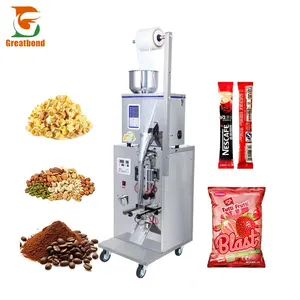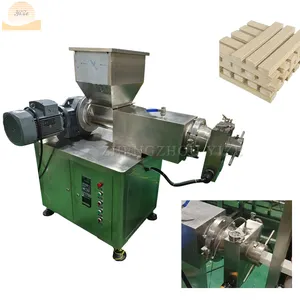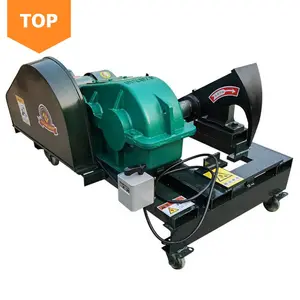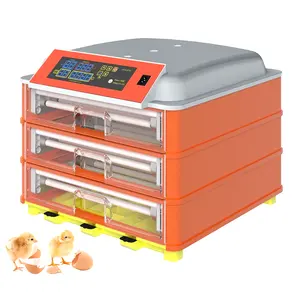Popular in your industry



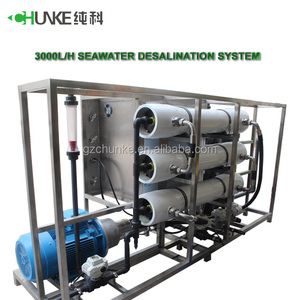



































































Related Searches:






























































































































Top categories
About water softening plant
Introduction to Water Softening Plant
A water softening plant is an essential industrial equipment designed to remove minerals like calcium and magnesium from water, which cause hardness. These plants are widely used in various industries such as manufacturing, food processing, and pharmaceuticals to prevent scaling and improve the efficiency of equipment that comes into contact with water.
Types of Softener Plants
There are different types of softener plants available in the market, including ion exchange softeners, salt-free softeners, and reverse osmosis softeners. Ion exchange softeners are the most common type and work by replacing calcium and magnesium ions with sodium ions through a resin bed. Salt-free softeners use a potassium-chloride salt substitute to prevent scale buildup, while reverse osmosis softeners filter water through a semipermeable membrane.
Technical Specifications of Water Softening Plants
When choosing a water softening plant, it is essential to consider technical specifications such as flow rate capacity, regeneration process, resin tank size, and regeneration frequency. The flow rate capacity determines the amount of water the plant can process per minute, while the regeneration process involves restoring the resin bed's efficacy by flushing it with a brine solution.
Benefits of Water Softener and Plants
Investing in a water softener and plant offers numerous benefits to industrial users. These include extended equipment lifespan by preventing scale buildup, improved energy efficiency due to reduced mineral deposits, and enhanced product quality by eliminating water hardness that can affect manufacturing processes.
Choosing the Right Water Softening Plant
When selecting a water softening plant for your business, it is crucial to assess your water hardness levels, water usage patterns, and space availability for installation. Additionally, consider the maintenance requirements, operating costs, and after-sales support provided by the manufacturer to ensure optimal performance and longevity of the plant.
Features of Soft Water Plant
A soft water plant typically includes components such as a resin tank, control valve, brine tank, and distribution system. The resin tank contains the ion exchange resin that removes hardness minerals from water, while the control valve regulates the flow and regeneration cycles. The brine tank stores the salt solution used for regeneration, and the distribution system ensures proper water flow throughout the plant.
Advantages of Water Softener for Plants
Integrating a water softener for plants into your industrial processes can lead to cost savings, improved product quality, and reduced maintenance expenses. By eliminating scale buildup in equipment such as boilers, cooling towers, and heat exchangers, water softeners help businesses operate more efficiently and prolong the lifespan of their machinery.
Use Scenarios for Water Softening Plants
Water softening plants are commonly used in industries that rely on water-intensive processes, such as textile manufacturing, beverage production, and HVAC systems. These plants ensure that the water used in various applications is free from hardness minerals, thereby preventing clogs, corrosion, and inefficiencies in equipment.
Maintenance of Softener Plants
To maintain the optimal performance of softener plants, regular maintenance is essential. This includes monitoring resin levels, checking for salt bridging in the brine tank, and scheduling periodic regeneration cycles. Additionally, conducting water quality tests and inspecting components for wear and tear can help identify issues early and prevent costly downtime.
Conclusion
In conclusion, water softening plants play a crucial role in industrial operations by ensuring that water used in various processes is free from hardness minerals that can impact equipment performance. By understanding the types, technical specifications, benefits, and maintenance requirements of these plants, businesses can make informed decisions to improve efficiency, reduce costs, and enhance product quality.
